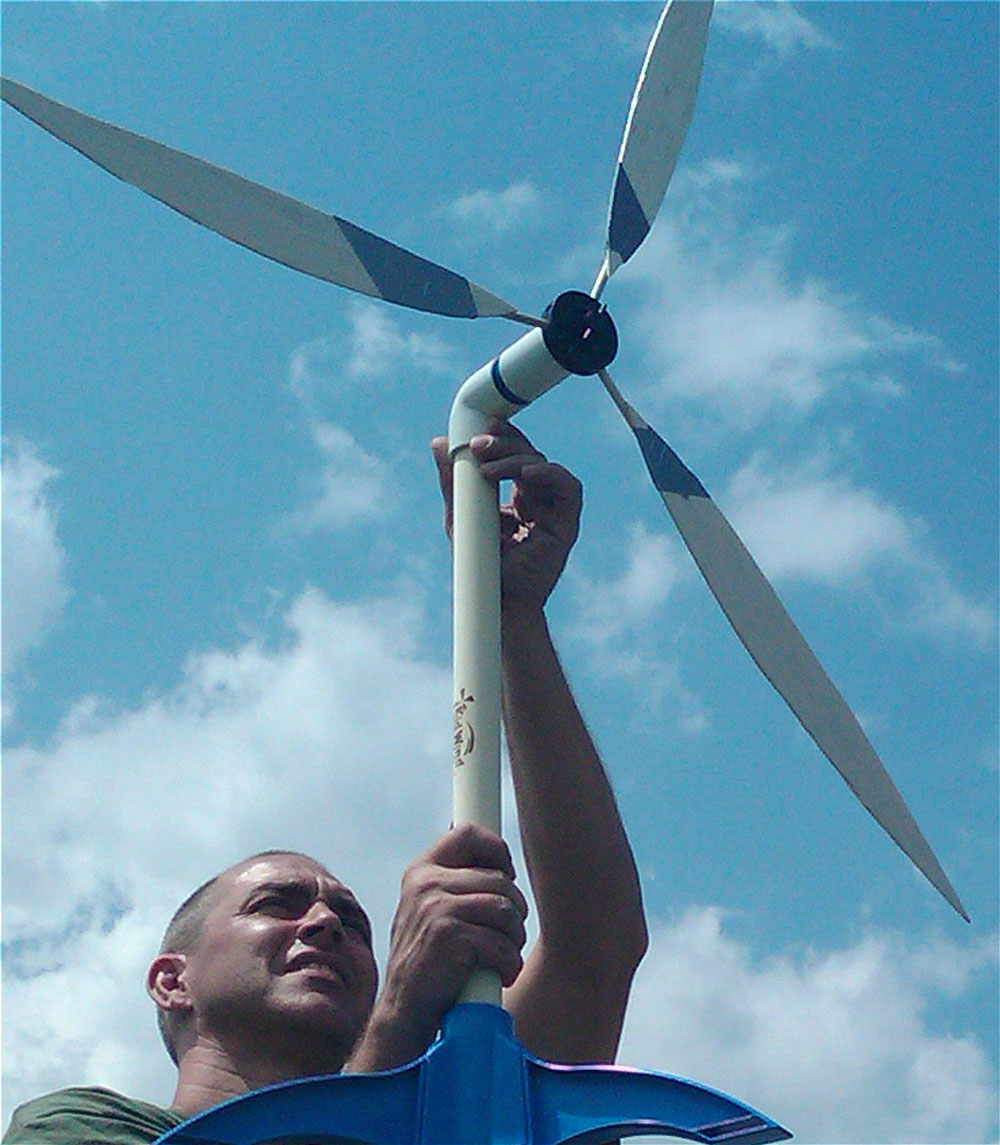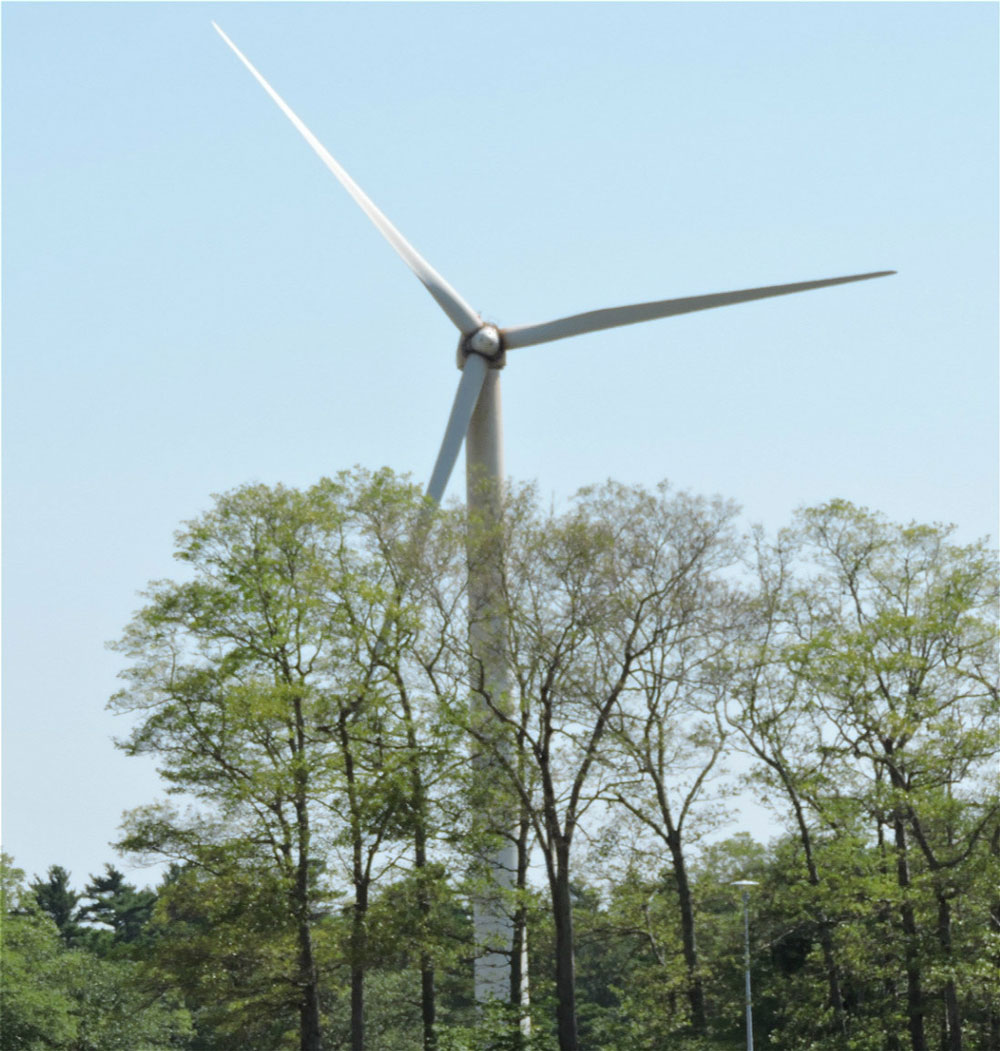Tuesday, August 2, 2016
For Immediate Release
Introduction to Sustainability and Green Energy
with Robert Rak
As part of the third year of their Massachusetts Mathematics and Science Partnership (MMSP) Program grant from the Massachusetts Department Elementary and Secondary Education (MA DESE) the New Bedford Global Learning Charter Public School, Wareham Middle School, Bristol Community College (BCC) and the Museum Institute for Teaching Science (MITS) held the 5-day on-site component of this year’s course Introduction to Sustainability and Green Energy. The course consists of 2 three hour on-site sessions in May, a 5-day on-site component in June and 24-hours online and on-site sessions in the fall. Participants could take course offered for Professional Development Points (PDPs) or for PDPs and graduate credit.
From June 27th to July 1st, twelve middle and high school teachers from the partner schools and schools in surrounding communities participated in Introduction to Sustainability and Green Energy at Bristol Community College in Fall River, Massachusetts. Robert Rak, BCC Professor and Coordinator of Environmental Science and Technology, worked with MITS educators to provide instruction on alternative energy, climate change, the history of energy usage and energy conservation.
Course activities were STEM-focused with varying levels of inquiry and even a little friendly competition. Participants designed and constructed hydro-power plants that could produce electricity, using a hydraulics bench with flowing water. The goal was to determine a design that generated the most electricity. Other laboratory investigations found the teachers comparing the energy content of fuels, powering a small car with either solar energy or a hydrogen fuel cell, identifying prime solar energy project locations using a solar pathfinder, and designing, constructing and testing a model floating wind turbine.
Field trips highlighted wind power and green building techniques. The group toured wind turbines with Sumul Shah, CEO of Solaya Energy, in Fairhaven, MA. They also toured Bristol Community College’s newly constructed net-zero energy Sbrega Health and Science Building with Special Projects Coordinator, Leo Racine, and system designer HVAC engineer, Anthony Petone.
Energy usage and alternative energy are hot topics in the U.S. What is energy? How can we generate it? We can harness the power of wind and water, capture radiation from the sun, tap into the heat of the earth, and split atoms with heat as an outcome. Introduction to Sustainability and Green Energy left participants energized about teaching sustainable energy practices and bringing their newfound knowledge back to their classrooms this fall. All of the course materials are designed to assist teachers with meeting the MA Science and Technology/Engineering Standards
and using the Science and Engineering Practices with their students. As part of their course work the teachers develop curriculum materials to pilot test in their classrooms.
Follow-up sessions and online work will continue from October, 2015 to January, 2017. During these sessions, the teachers will share how they have incorporated course activities into their classrooms and develop assessment tools.
The Museum Institute for Teaching Science specializes in providing hands-on, minds-on, inquiry-based STEM professional development for formal and informal educators. For more information, visit www.mits.org or call 617-328-1515.


